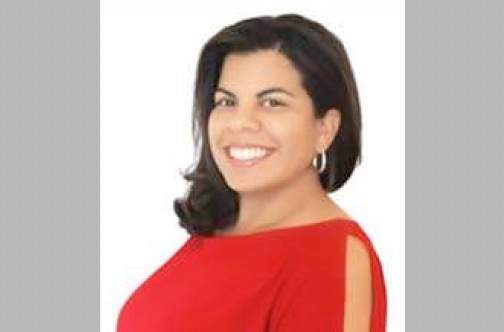At a recently held social dinner, it was revealed that many civil servants plan to take the Government’s early retirement package plan to use that lump sum to become debt-free. However, when asked how they plan to replace their income as employees, the same respondents said that the monthly pension cheque they received would not be sufficient to cover their monthly expenses, even when they reach debt-free status.
Alicia Lyttle, CEO of Internet Income Jamaica, urged the soon-to-be retirees to take time to learn new skills, particularly ones online so that they could work and earn US dollars to supplement their pension cheques. Another investment manager from the Victoria Mutual Group cautioned the retirees against spending their lump sum payments before having a financial plan in place.
The Government is offering a Special Early Retirement Programme (SERP) to eligible public sector workers. Eligible public sector workers are permanent employees of the Government of Jamaica between the ages of 50 and 59 years – except health professionals, security forces, correctional officers and teachers, according to a release from the Ministry of Finance and Public Service.
Applications under SERP must be submitted to the relevant human resource management section of each organisation by February 16, 2018, and applicants are encouraged to submit their applications prior to this date.
While the dinner setting was informal, the impending crisis is real and needs to be addressed formally. When the civil servants get their lump sum for early retirement, will they make bad financial decisions?
There are no statistics to track the financial situation of Jamaicans over the age of 50, but the statistics from the United States may bear a striking similarity.
A recent study from the George Washington University School of Business that spoke with 5,000 pre-retirees between the ages of 51 and 61 found that 60 per cent have at least one source of long-term debt (26 per cent have more than one), 30 per cent lack any retirement account, 36 per cent couldn’t come up with US$2,000 for an unexpected emergency, and 45 per cent reported spending less than they are earning.




Leave A Comment